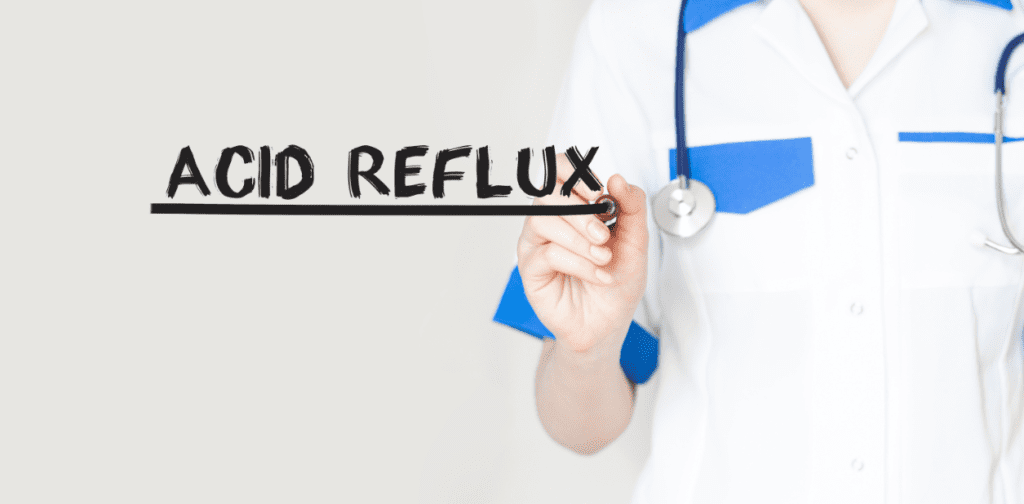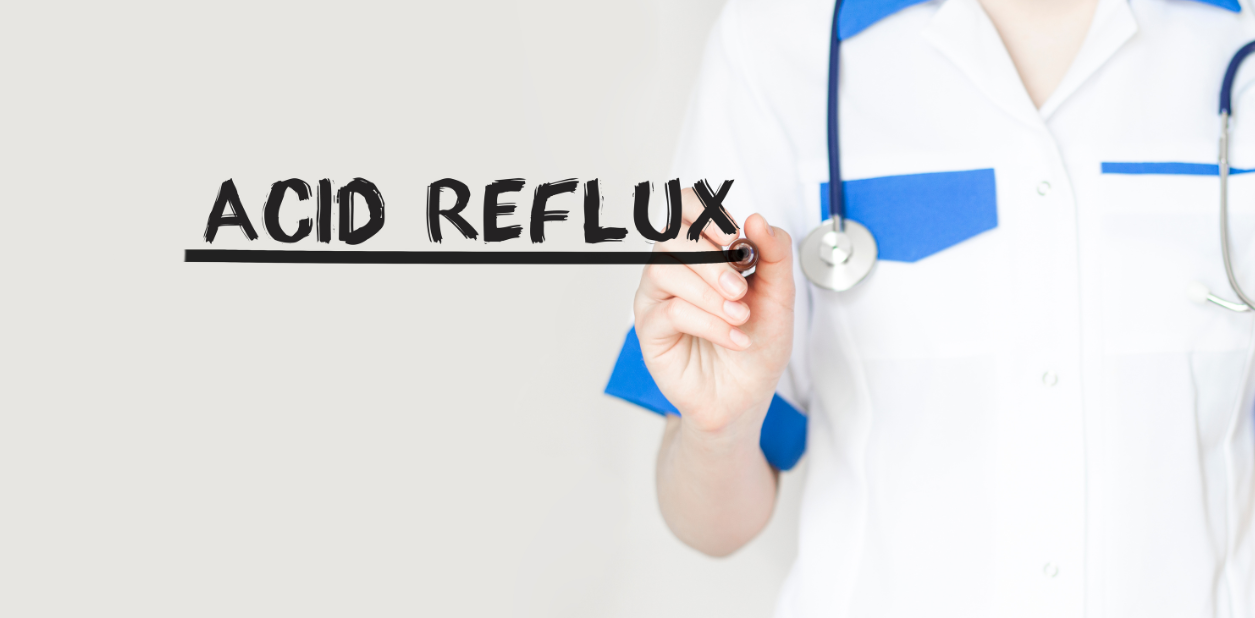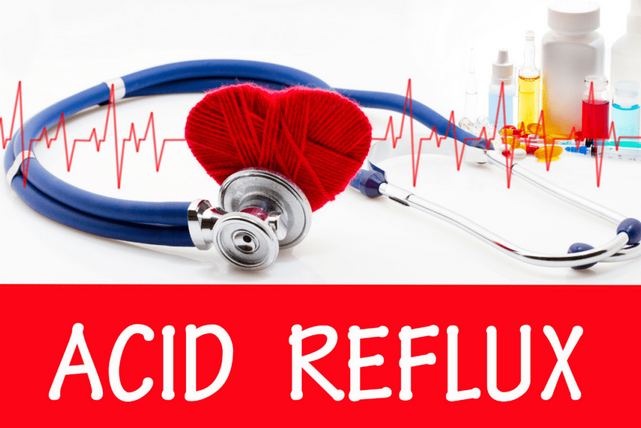Understanding Gastroesophageal Reflux Disease (GERD) and its Impact on Long-Term Complications of GERD

While adopting a healthy lifestyle and dietary habits can alleviate the symptoms of gastroesophageal reflux disease (GERD), it’s essential to recognize that these measures do not offer a cure. If left untreated, GERD can progress, causing severe harm to the esophagus and leading to potentially life-threatening complications.
What Is Gastroesophageal Reflux Disease?
GERD is a chronic condition characterized by the regurgitation of stomach acid into the esophagus, leading to mucosal damage. It often results from abnormal relaxation of the lower esophageal sphincter, the valve separating the stomach and the esophagus.
Symptoms
Common symptoms include heartburn, regurgitation, difficulty swallowing, chronic cough, hoarseness, and chest pain.
The Grave Consequences of Untreated GERD
Long-Term Complications of GERD
1 – Barrett’s Esophagus
This condition, marked by intestinal metaplasia, is a precursor to carcinoma. Patients with acid reflux, especially those experiencing chronic heartburn, are advised to undergo esophagogastroduodenoscopy (EGD) every five years. Barrett’s esophagus significantly raises the risk of developing esophageal cancer compared to GERD patients without this condition. Symptoms include prolonged heartburn, difficulty swallowing, blood in vomit, chest pain, and unintended weight loss.
2 – Esophageal Cancer
Although the exact cause remains elusive, a strong connection exists between GERD and esophageal cancer. Symptoms include painful coughing, hoarseness, difficulty swallowing, and a lump in the neck.
3 – Laryngeal Cancer
Preexisting acid reflux disease is linked to laryngeal cancer. Symptoms encompass voice changes, hoarseness, neck lumps, sore throat, persistent cough, and bad breath.
4 – Erosive Esophagitis
Acid reflux inflames and swells the esophagus, resulting in erosive esophagitis. Symptoms comprise chest or abdominal pain, nausea, and discomfort.
5 – Esophageal Stricture
This condition involves the narrowing of the esophagus, causing swallowing difficulties. Symptoms range from heartburn and an acid taste in the mouth to coughing, shortness of breath, frequent burping, and hiccups. Severe cases manifest with pain or difficulty swallowing, blood in vomit, and weight loss.
The dire implications of untreated acid reflux are evident in the above list. Promptly seeking medical attention upon recognizing the initial signs and symptoms of GERD is crucial. Early diagnosis is a key measure to manage the disease effectively. While adopting a health-conscious lifestyle can contribute to overall well-being, it is essential to consult a medical specialist to address GERD comprehensively.
To explore laparoscopic surgical options for GERD treatment and determine your candidacy for such interventions, consult with a specialized medical specialist. Don’t delay, as early intervention can make a significant difference in managing GERD and preventing its severe consequences.

Diagnosis and Treatment
Diagnostic Tests: Endoscopy, esophageal pH monitoring, and imaging studies help assess GERD severity and complications.
Medications: Proton pump inhibitors (PPIs), H2 blockers, and antacids are commonly prescribed to reduce acid production and alleviate symptoms.
Lifestyle Changes: Elevating the head of the bed, avoiding trigger foods, losing weight, and quitting smoking can help manage GERD.
Preventive Measures
Dietary Modifications: Identifying trigger foods and adopting a GERD-friendly diet can prevent symptom flare-ups.
Maintaining a Healthy Weight: Excess weight can worsen GERD symptoms; managing weight can reduce its impact.
Regular Medical Check-ups: Monitoring GERD with routine medical visits can help detect complications early.
Conclusion
Understanding Gastroesophageal Reflux Disease (GERD) extends beyond recognizing its chronic nature; it encompasses the potential for severe long-term complications. GERD isn’t merely occasional heartburn but a persistent condition that, if left unmanaged, can lead to esophageal damage, strictures, Barrett’s esophagus, and an increased risk of esophageal cancer. This emphasizes the critical need for proactive management. Regular consultations with healthcare providers, adherence to treatment plans, lifestyle adjustments, and a tailored approach to dietary habits are pivotal in mitigating the risks associated with GERD. By embracing preventive measures and actively managing GERD, individuals can significantly minimize the potential for long-term complications, fostering better digestive health and an improved quality of life







